Dealing with a Bladder Cancer Diagnosis: Our Biggest Challenges
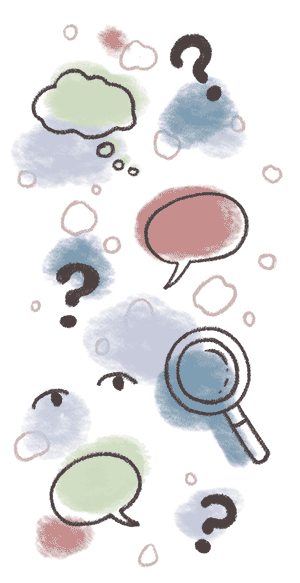
The most challenging part of getting a bladder cancer diagnosis?
For some, it is what comes after receiving that diagnosis. At least, that is what our BladderCancer.net community tells us. All the thoughts. Questions. Worries. And the avalanche of emotions.
Our community shares the difficulties they encountered when coming to terms with their diagnosis.
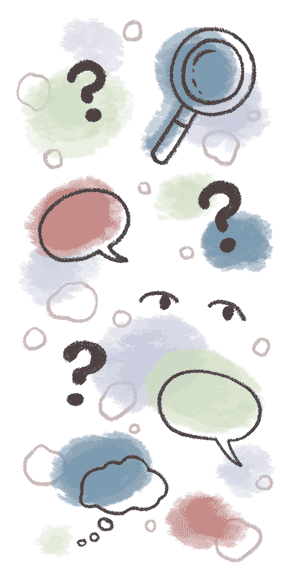
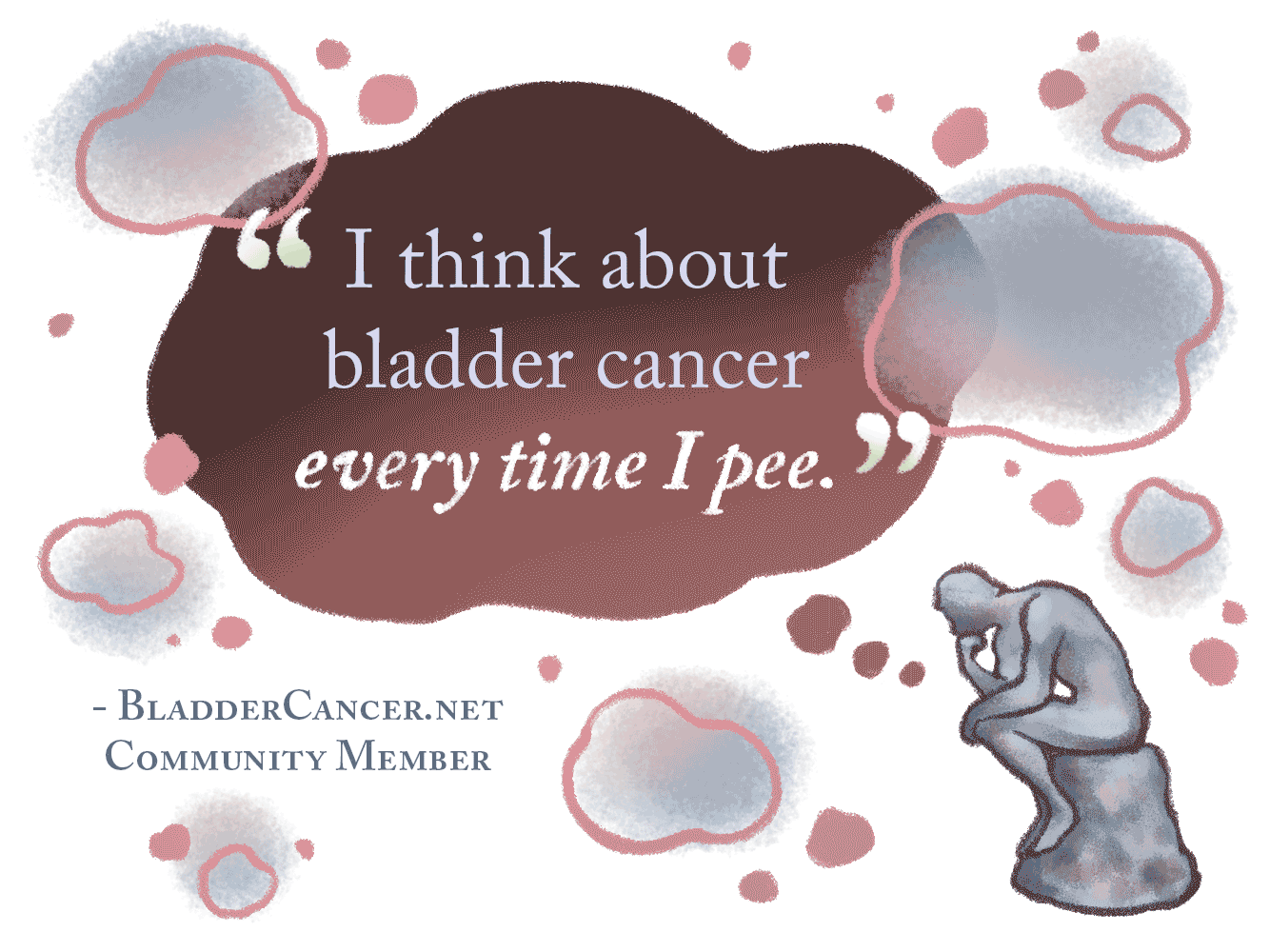

Telling those you love you have cancer
One of the hardest parts of dealing with a bladder cancer diagnosis is telling family and friends. So many fears can come rushing to the surface. How do I tell my kids? Will I be able to hold it together when I tell them? Will they even understand?
A bladder cancer diagnosis forces you to look at life in a different way. What would I have done differently? If something happens, will my loved ones be okay?
To cope, some focus on hope. Finding light in the small, simple moments.

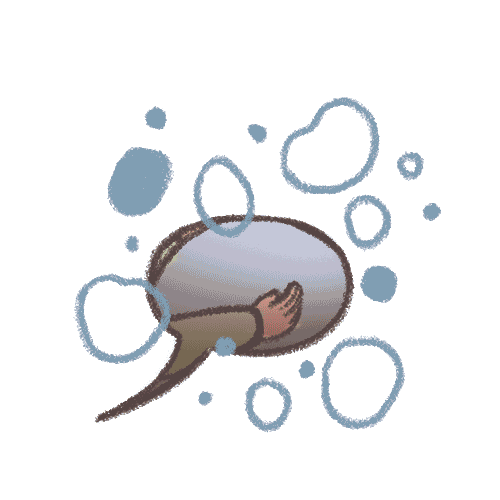
“The hardest thing I have ever done was tell my three kids I had cancer and needed to go into surgery.”
– BladderCancer.net Community Member
Facing the stigma
What causes bladder cancer? The exact cause is unknown. Yet some living with the disease blame themselves for getting it. Why me? Why did I get it? After receiving a bladder cancer diagnosis, all the “why’s” start pouring in.
The stigma is real. As with many other chronic conditions, judgment, or misunderstandings can surround a bladder cancer diagnosis. Some in our community have felt judged by family, friends – even their doctor. Felt, somehow, that they themselves played a part in getting cancer.

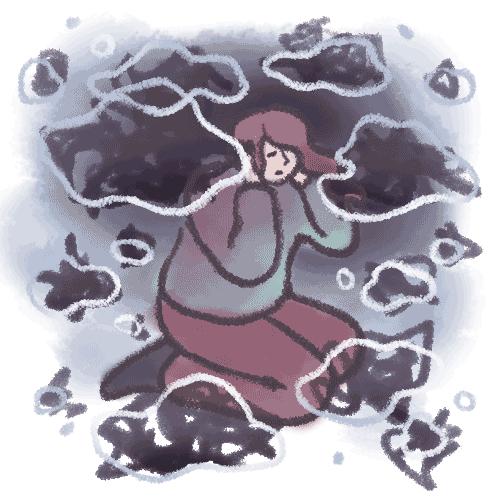
“The doctor attributed my bladder cancer to long-term exposure to secondhand cigarette smoke.”
– BladderCancer.net Community Member
Lack of information
Though awareness of bladder cancer is growing, it is still not as widely recognized as some of the other types of cancers. As a result, it can be more challenging to find the latest information on symptoms, testing, and treatments.
Receiving a bladder cancer diagnosis can be confusing and overwhelming. That is why it is so tremendously important to know where to look for support and a shoulder to lean on.

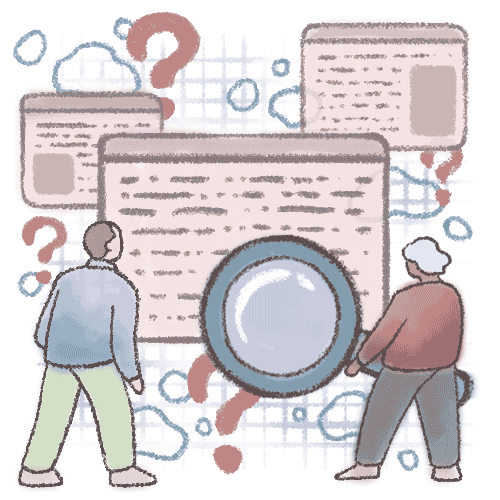
“We found information hard to come by initially. Sites like this helped. It is a hard cancer to navigate.”
– BladderCancer.net Community Member
Looking ahead
Getting a bladder cancer diagnosis is never easy. Take the time you need to process and cope with your diagnosis. And, when ready, seek out the help and support of groups like BladderCancer.net to connect with others who have stood where you are now.
